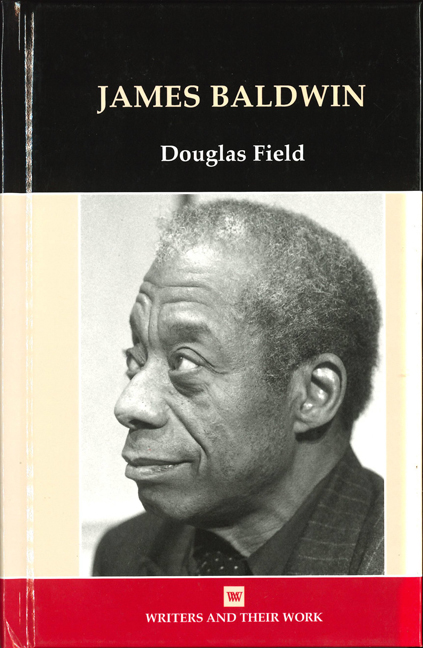Book contents
2 - The Writer and the Civil Rights Movement
Summary
On 17 May 1963 James Baldwin appeared on the front cover of Time Magazine. The painting by the well-known artist Boris Chaliapin shows Baldwin looking out with furrowed brow under the banner ‘Birmingham and Beyond: the Negro's Push for Equality’. Inside the magazine, a lengthy article, ‘Nation: The Root of the Problem’ focuses on Baldwin. The article claims that ‘in the U.S. today there is not another writer – white or black – who expresses with such poignancy and abrasiveness the dark realities of the racial ferment in North and South’. Baldwin, Time Magazine suggests, is the voice of the Civil Rights movement.
Baldwin's appearance on the cover of such a popular weekly is testament to his importance and significance in the popular imagination, not just as a writer but as a civil rights activist. That year, Martin Luther King, Jr, was the magazine's ‘Man of the Year’, but it was a rare feat for an African American to be on the cover of any major US publication in the early 1960s. Baldwin's third novel, Another Country, published in 1962, was the second best-selling novel of 1963 after William Golding's Lord of the Flies. In 1962 the New Yorker published a long two part essay, ‘A Letter from a Region in My Mind’ that was reprinted as The Fire Next Time the following year, a book that became one of the manifestos of the Civil Rights movement. Unlike Richard Wright, who remained in France, and Ralph Ellison, who believed that political involvement corroded artistic talent, Baldwin lent his support to numerous civil rights organizations, contributing articles and interviews to scores of publications.
The article in Time Magazine, while testifying to Baldwin's influence as writer at the height of his success, simultaneously authenticates and undermines the writer's role in the Civil Rights movement. ‘He is not, by any stretch of the imagination’, the unnamed author writes, ‘a Negro leader’. The article makes it clear that Baldwin ‘tries no civil rights cases in the courts’; he ‘preaches from no pulpit, devises no stratagems for sit-ins, Freedom Riders or street marchers’. Baldwin, in other words, is not a lawyer, preacher or political organizer. What, then, was Baldwin's role?
- Type
- Chapter
- Information
- James Baldwin , pp. 28 - 43Publisher: Liverpool University PressPrint publication year: 2011



